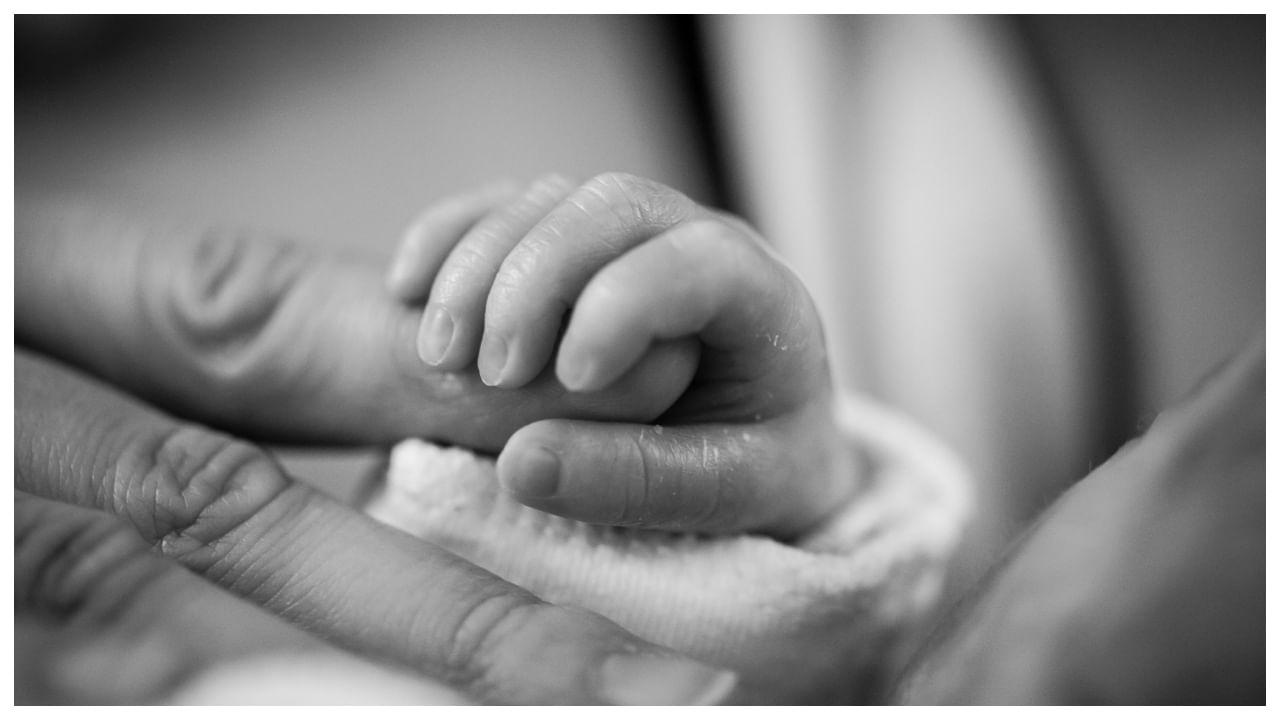New Delhi: In the silent halls of the Neonatal Intensive Care Unit (NICU), every single beep of a monitor and every breath from the patient holds the promise of life, especially those who are born extremely premature with a very critical health condition. In such conditions, the NICU becomes a place where technology meets medical expertise, and doctors work compassionately to protect the most fragile beginnings.
The advancements in the technology of neonatal care have now made what once seemed impossible possible. Today, babies who are born at a very early stage, like 24-26 weeks, and were once considered in the category of non-viable, nowadays, with the advancements in technology and a multidisciplinary approach, are surviving without comorbidities and doing well in life.
Dr. Manish Mittal, Senior Neonatologist, Department of Neonatology at Cocoon Hospital, Jaipur, in an interview with News9Live, detailed the role of tech and care in facilitating positive NICU outcomes.
What is premature birth?
Premature birth is defined as the delivery of a baby before 37 weeks of gestation, accounting for approximately 15 million babies globally. The babies who are born before 28 weeks are usually classified as extremely preterm, and they face many life-threatening challenges as well. The organs of their body are undeveloped; their immune system is very weak, and other vital organs are also very immature. As a result, these infants require neonatal intensive care immediately after their birth.
Neonatal Intensive Care Unit (NICU) is specially designed in order to provide that care. It is equipped with modern and advanced technologies such as incubators, ventilators, infusion pumps, and a monitoring system in order to regularly track and adjust vital signs.
Modern NICUs
Nowadays, advanced and modern NICUs are equipped with a range of life-saving technologies for nurturing and stabilising the premature infants. When the lungs of the baby are too immature, then mechanical ventilators are used to support breathing. Non-invasive monitoring tools are basically used for tracking brain activity, oxygen levels, and the heart rate. Total Parental Nutrition provides a correct mixture of nutrients into the blood when feeding to the baby can not be performed directly through the mouth or tube.
One of the most remarkable advancements in recent times is the use of point-of-care ultrasonography and portable imaging systems that allow the insights of real time into the health condition of infants without moving them. Protocols responsible for infection control also include the specialized air filtration system and aseptic procedure, which play a very crucial role in the prevention of certain complications that preterm babies are usually very vulnerable to.
Human Backbone
Technology forms the backbone of NICU; it is considered the coordinated efforts of a dedicated care team, which also helps in determining the results and outcomes. Neonatologists, NICU nurses, paediatric cardiologists, respiratory therapists, nutritionists, and even transport teams work in coordination to provide the comprehensive care that can be adapted to the evolving needs of the infant.
Effective NICU is also considered a very emotional place for the families since for them, giving their baby into the hands of strangers for a long period. Hence, the role of parental support programs and psychological counselling cannot be ignored. NICU is also a space where emotional resilience is nurtured along with the fragile body of a newborn.
Each premature baby is a living testament to the miracles that modern medical technology can achieve—not just in saving lives, but in nurturing them toward health and strength. Today, NICUs stand as powerful symbols of hope, demonstrating what it truly means to be premature yet protected.
